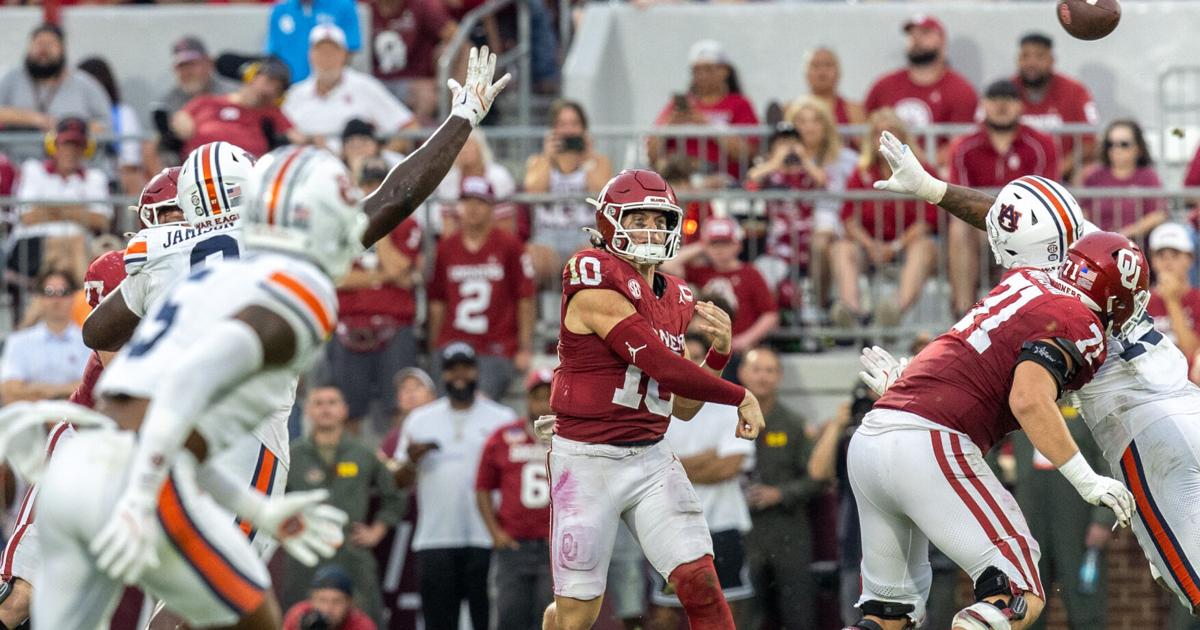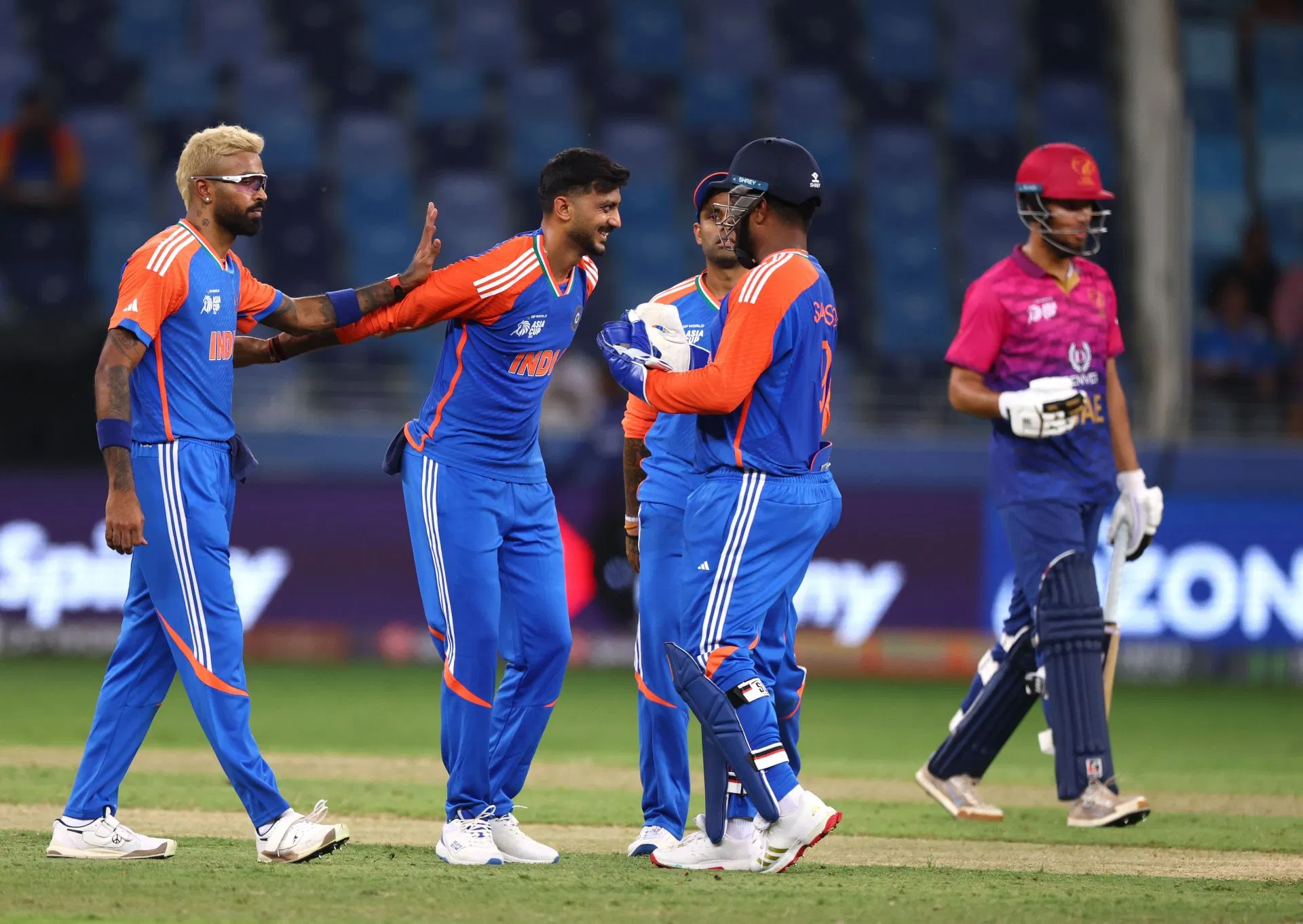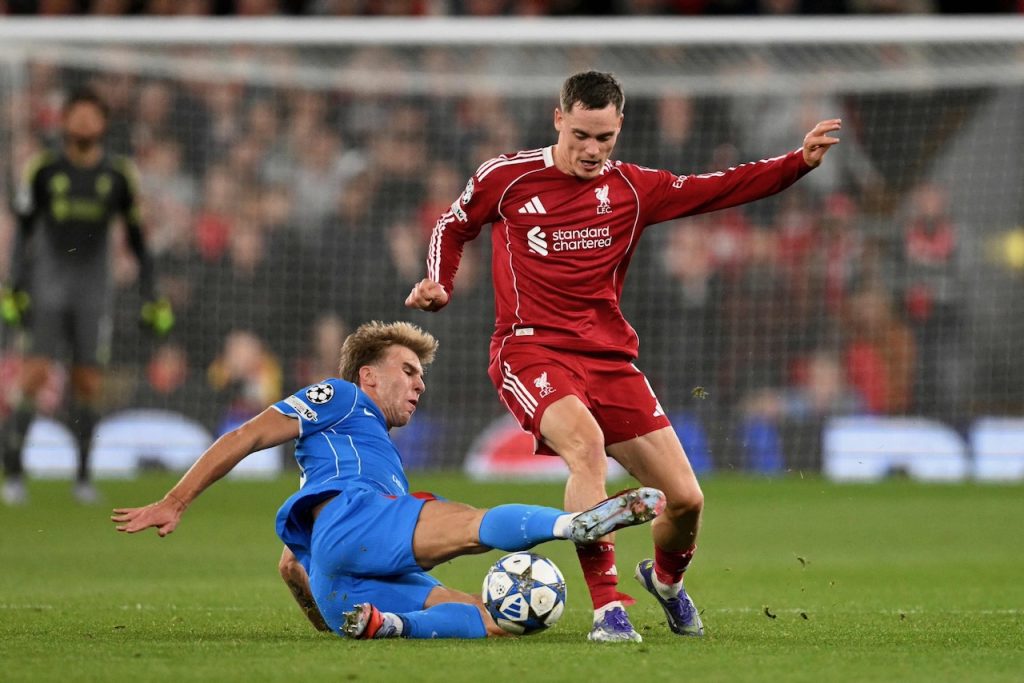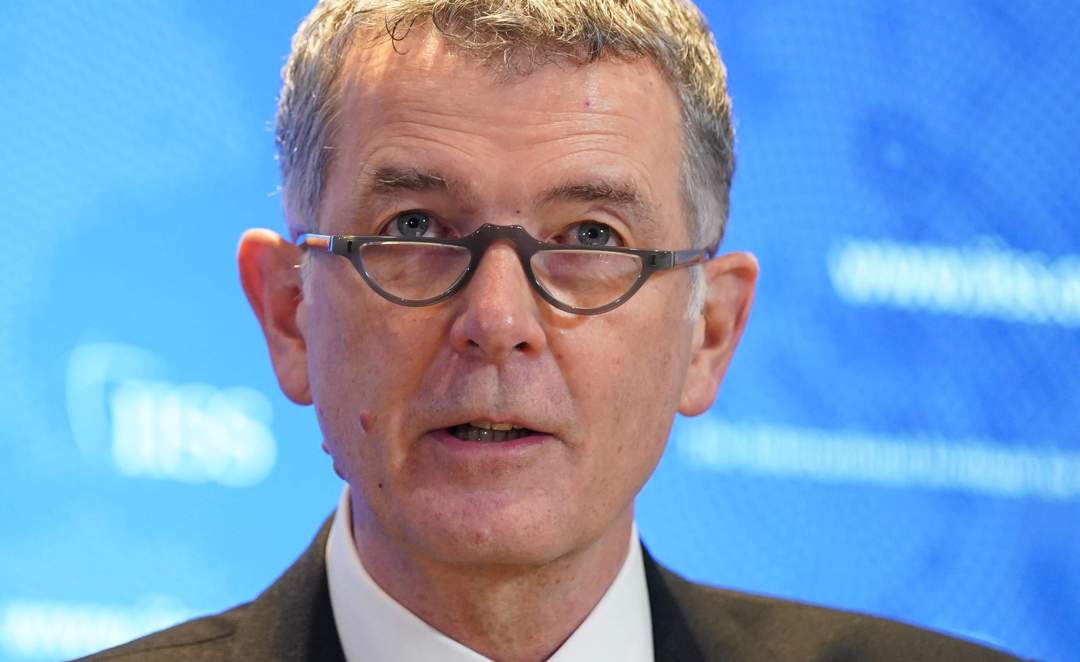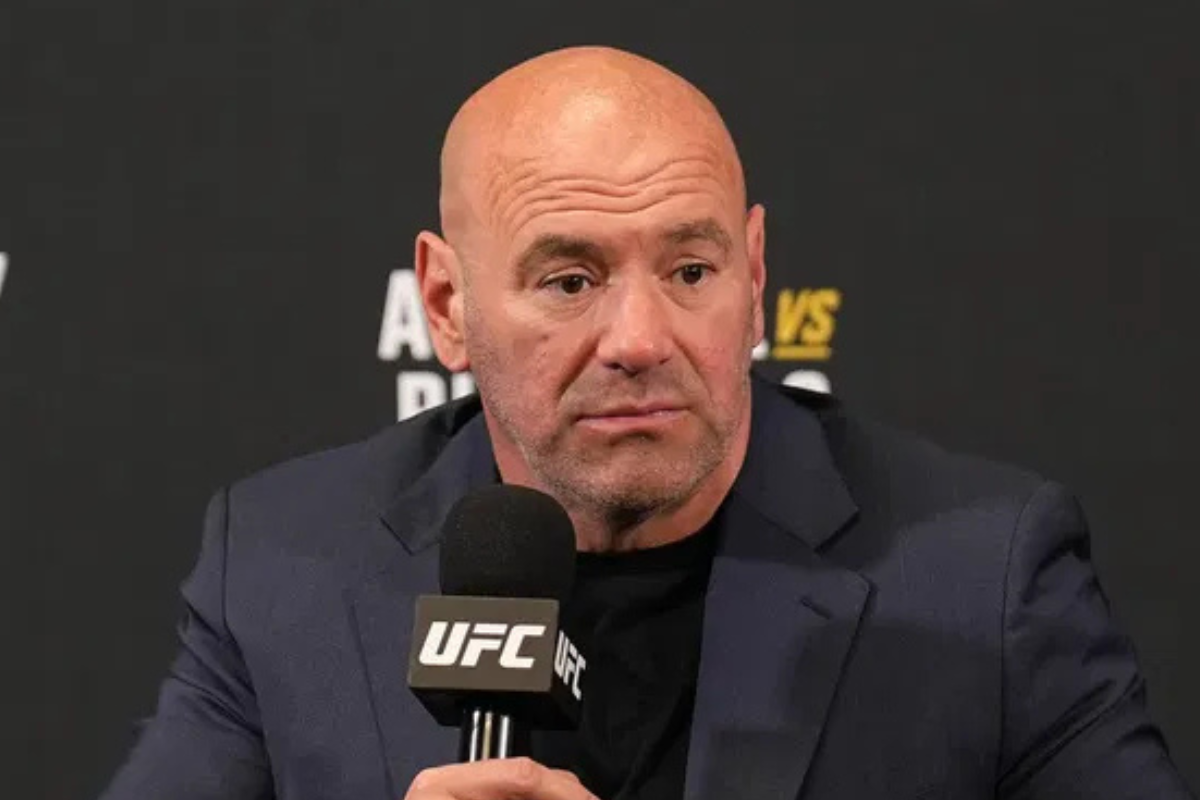
“That’s not main event worthy, and that’s the huge problem with UFC Fight Nights. I don’t think UFC cares enough about UFC Fight Nights,” Renato Moicano said in a YouTube video last year, referring to the March’s UFC Fight Night 238, Shamil Gaziev vs. Jairzinho Rozenstruik headliner. And just like ‘Money,’ many UFC fans shared the same sentiment. They just don’t like how the promotion handles its Fight Night cards. But why?
The UFC has more-or-less delivered with their marquee PPV events, and over time, the grandeur of those shows has only grown. However, the same can’t be said for the Fight Night cards. Many fans believe the promotion has massively watered down the quality of these events, which once drew huge attention. Even in 2025, that sentiment hasn’t really changed. There are several reasons behind this. But first, we need to look at how the number of weekly events has increased over time.
ADVERTISEMENT
Article continues below this ad
UFC’s growing Fight Night schedule
Dana White and Co. first hit it big with Fox back in 2011. It was their first real step into mainstream media after spending years with Spike TV. Naturally, they had to come up with a proper plan for how the fights would be structured throughout the year. According to reports, the deal was worth around $100M annually, and with it, UFC’s content was spread across Fox, Fuel TV, and Fox Sports.
At the time, the promotion aired 32 live fight events a year on Friday nights, including six full UFC cards. That was a solid number of shows to run in a year. But once that deal ended and the ESPN partnership kicked off, the schedule grew much bigger. Beginning in 2019, the UFC agreed to host 42 live events annually, with 30 of those cards featuring a full lineup of 12 UFC bouts.
ADVERTISEMENT
Article continues below this ad
On top of that, there were 20 exclusive Fight Night events across ESPN and ESPN+. So, compared to the Fox era, it was a massive jump in volume. Fast forward to the latest deal with Paramount+ and CBS, and the number of events has remained close to the same. Starting in 2026, the UFC will deliver 13 marquee events and 30 Fight Nights, totaling 43 shows per year. Which would lean more on subscriptions rather than pay-per-view.
With so many fights on the schedule, a drop in quality was almost inevitable. The UFC naturally saves its biggest stars for the marquee events, which means the Fight Night cards often get carried by the headliners rather than the full lineup. And that’s exactly what we’ve seen again in 2025.
Read Top Stories First From EssentiallySports
Click here and check box next to EssentiallySports
ADVERTISEMENT
Article continues below this ad
The current state of Fight Nights in 2025
Honestly, the UFC hasn’t been all that bad with Fight Night events this year. Now that we’re in September, we’ve already seen some pretty solid cards. Take UFC London, for example. Headlined by Leon Edwards vs. Sean Brady. The event pulled in $4,711,410 in gate revenue, breaking the all-time ticket sales record. Shortly after, UFC Paris lit up the Accor Arena with an incredible night where 11 of the 13 fights ended in knockouts.
There were clear reasons behind the success of those events. Looking at UFC London, the card wasn’t just about the main event. Fans also got matchups like Carlos Ulberg vs. Jan Blachowicz and Kevin Holland vs. Gunnar Nelson – fights with real stakes and name value. The same went for UFC Paris. While the star power was mainly held by Nassourdine Imavov, Benoit Saint-Denis, and their opponents who were two members of team Fighting Nerds, there was enough buzz from the action-packed results to keep fans invested.
ADVERTISEMENT
Article continues below this ad
But that momentum faded with UFC Noche in San Antonio. The event was originally set up as a PPV but later switched to a Fight Night, and the difference in quality showed. Outside of Diego Lopes vs. Jean Silva, the card lacked compelling storylines or big-name fights to hook the audience. The fighters gave their best inside the cage, but the structure and buildup simply weren’t enough. That’s also what we’re seeing with the upcoming Perth event.
ADVERTISEMENT
Article continues below this ad
The light heavyweight clash between Carlos Ulberg and Dominick Reyes is essentially carrying the card. If that fight were to fall apart, the UFC would struggle to find a replacement at the same level. Especially since Junior Tafa vs. İbo Aslan, the original co-main, was scrapped. So the question remains: what solution can Dana White and the UFC come up with to strengthen these Fight Nights without over-relying on a single headliner?
ADVERTISEMENT
Article continues below this ad
How Dana White could revive the experience
Well, it’s definitely not easy to fix the Fight Night problem. For one, it’s tough to crack a deal when many fighters would rather save themselves for the spotlight of a PPV event. On top of that, late withdrawals are a constant headache. Fighters pull out for all sorts of reasons. Injuries, weight issues, or personal matters—and it can completely diminish the experience. Just look at UFC Vegas 107 and 108, which had a combined 11 fight cancellations. Naturally, the Apex events take the hit, and fans are left disappointed.
That being said, there is a potential solution, though it’s one the broadcasters may not like. The UFC had to actually cut down on some Fight Night events to make it better. Or they have to make a distinction where the Apex would hold the stage only for upcoming talents. And the other arena events would be starred by the fights with high stakes.
ADVERTISEMENT
Article continues below this ad
Let’s take UFC Noche as an example. Lopes vs. Silva was a stellar headliner, but imagine if Dana White had added Alexa Grasso vs. Maycee Barber or Michael Morales vs. Joaquin Buckley to the card. Suddenly, the Fight Night looks far more promising while still keeping the PPV events strong. The challenge, of course, is managing the sheer number of shows. It’s not like the Fox days anymore, when stars like Israel Adesanya and Dustin Poirier both fought on the same UFC on FOX 29 card.
With that being said, what do you think? Are UFC Fight Night cards really losing quality, or is it just a matter of higher expectations? And more importantly, will we see stronger Fight Nights in the future? Let us know your thoughts in the comments section below.
